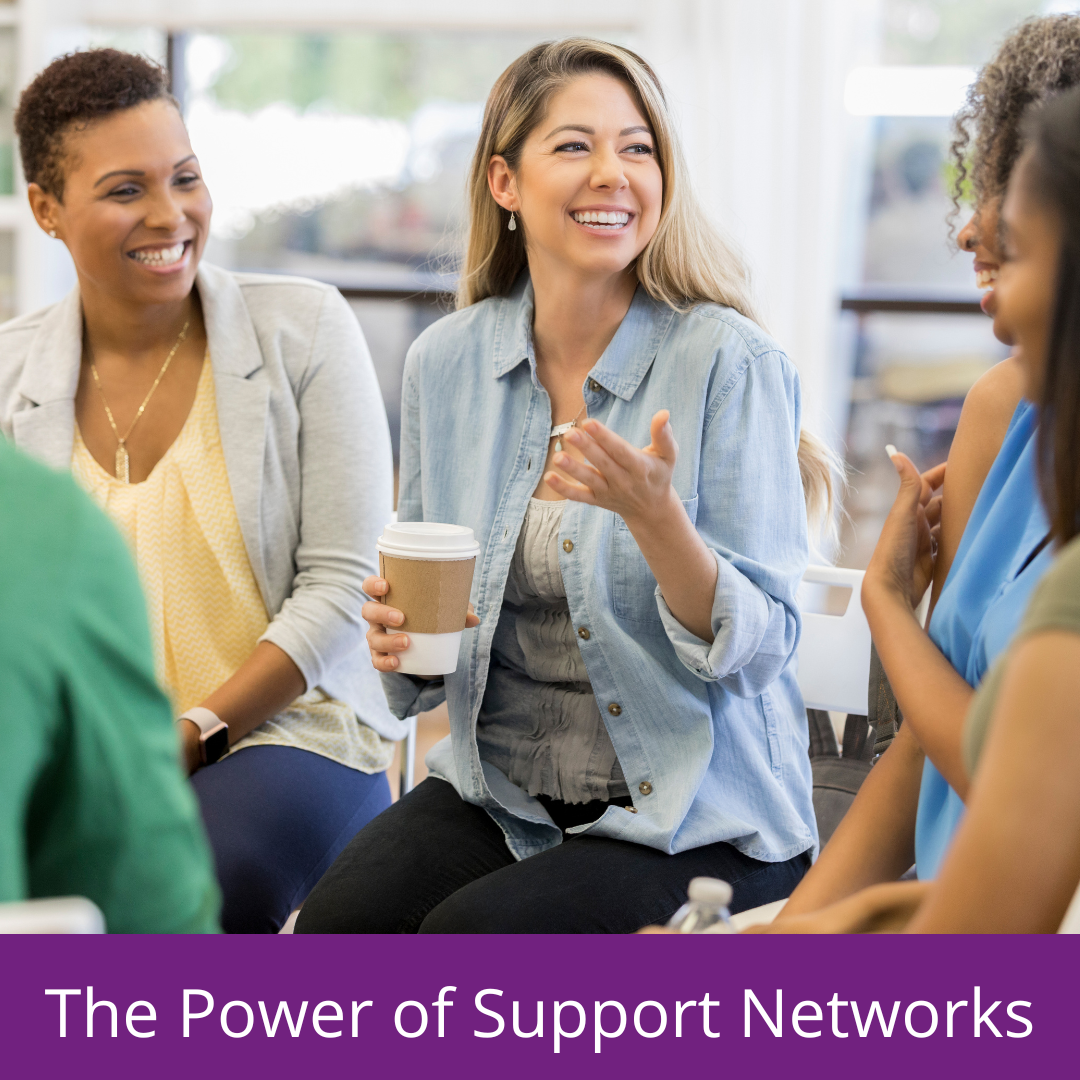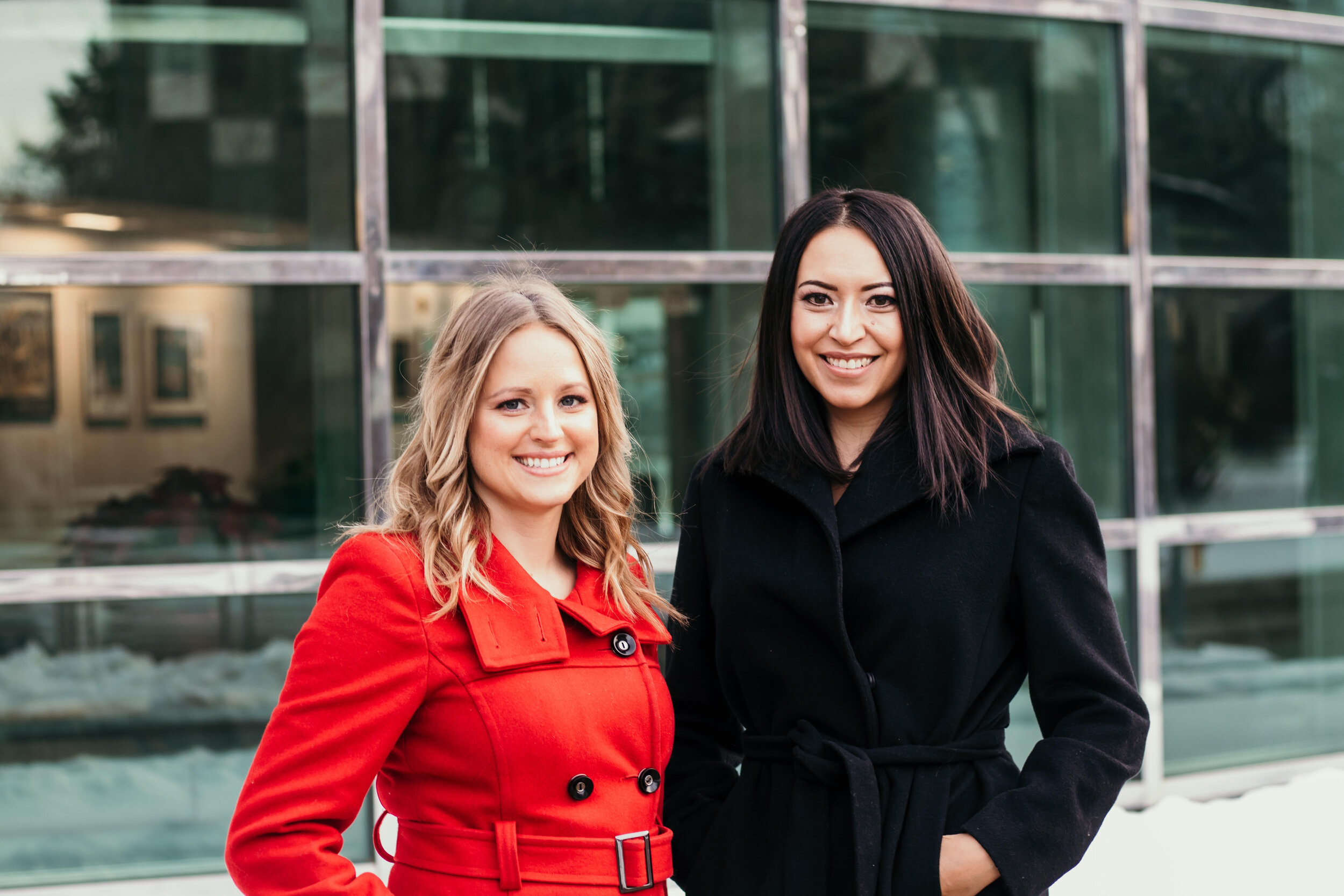The idea for Pine Integrated Health Centre was started over coffee by two mothers navigating the health system, in search of resources for their own mental and physical well-being. When they had trouble finding what they needed, they built it instead.
Mallory Becker and Jill Palmer co-founded Pine Health a year after that initial meeting, in May 2019, after their vision for opening a multidisciplinary health center for women and families came to life, and they “haven’t looked back since.”
“Our philosophy has been around what we felt we needed and what our kids needed and then creating that within our business.”
Mallory, a registered psychologist was busy with her private practice, LifeWise Counselling and Jill, a licensed physiotherapist at Bounce Back Physical Therapy. The pair essentially merged their professions to create Pine Health, adding other disciplines like massage, nutrition, lactation consulting, and acupuncture. The centre also includes a studio for exercise classes, yoga, and Pilates, and hosts workshops and group offerings.
Providing specialized support to women through pregnancy, postpartum and parenthood, Pine Health is a hub of skilled health professionals offering accessible care in one location.
“Women don't just have to endure things like incontinence or prolapse or psychological issues or infertility issues — they don't have to endure them in silence. Now, it's getting the awareness out there and having a specialty place to get that.”
Mallory and Jill were nominated as a part of the 2020 AWE Awards. “We were so thrilled when we heard that we were nominated. We have two hats: our health specialties and then as business owners. It is really great to be seen in the business world.”
As entrepreneurs, the pair agree: “We're still really fresh in this. We look at the metrics of the business and things are growing financially, but we always take the pulse internally — are people happy? What are they saying? We've really loved developing relationships with people over the last year.”
Initially worried about attracting professionals to work with them, Mallory and Jill have nearly tripled their team at Pine within the last year. Their newest “baby” is a division called Pine Cone Health, which focuses on providing services for children like child psychology, speech-language pathology, and pediatric physiotherapy. Pine Cone offers resources for parents with workshops, nutrition advice, and small group meet-ups.
“One of the biggest ones that just makes us so happy is when we hear about ourselves in the community and that is so important not only as a business but as clinicians.”
As a small business, the pandemic has brought about some changes, but Mallory and Jill have been committed to providing good quality, evidence-based information from their healthcare providers. Though Pine has always offered telehealth services, they’ve seen a big interest in the last few months. “We've become really good at working with people using technology — it helps to meet people where they are at.”
On their Facebook page, they offer free videos from their practitioners, including Pilates, maternal mental health, and birth preparation. Pine also offers a private Facebook group for moms and are hoping to offer online classes soon.
Some advice from Mallory and Jill for other women: “Stress plus rest equals growth so making sure that if you're working really hard on something — in business or at home — that you have scheduled rejuvenation or rest time.”
“Women are often the last people to take care of themselves, your health is so important and then this expands to women being successful in their careers — whether they're entrepreneurs or not. Often we hide in the background supporting everyone else. It is important for you to take care of yourself inside and out.”














